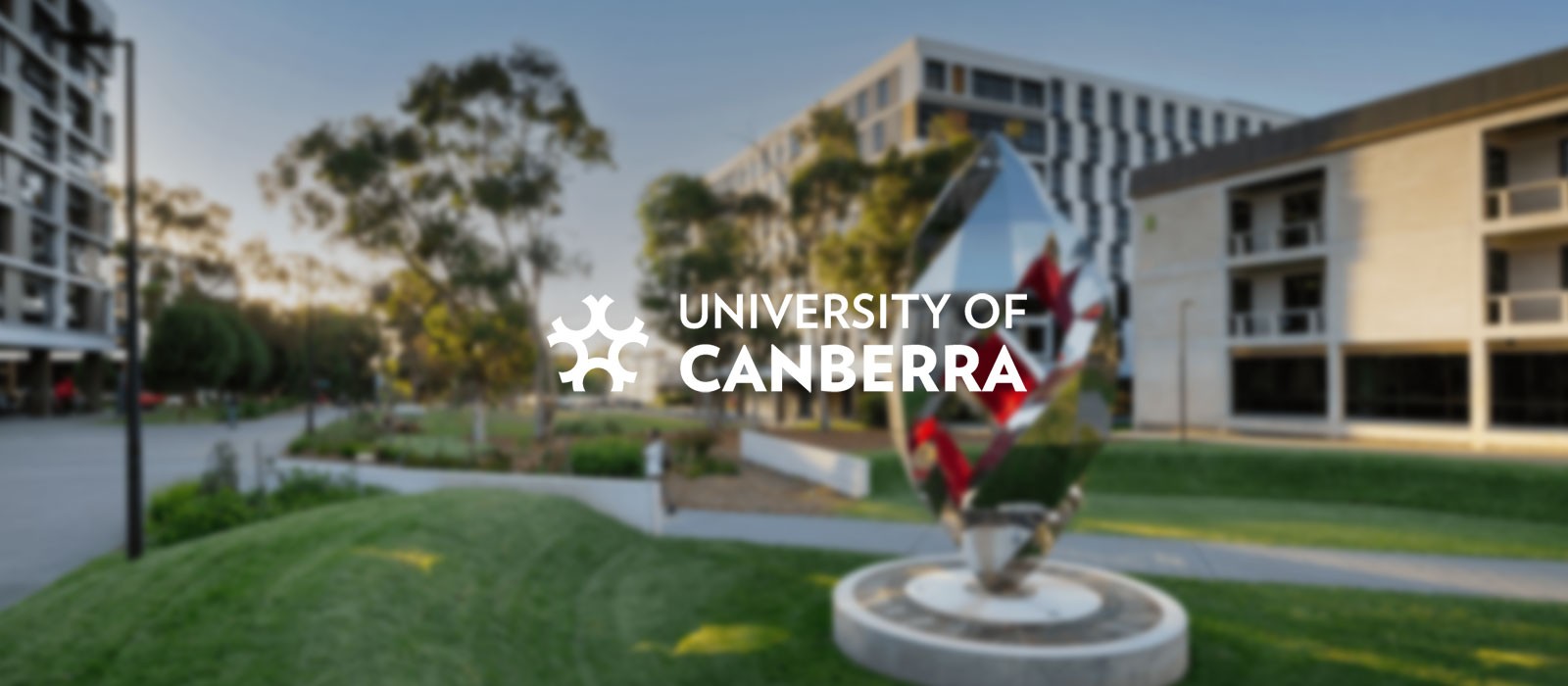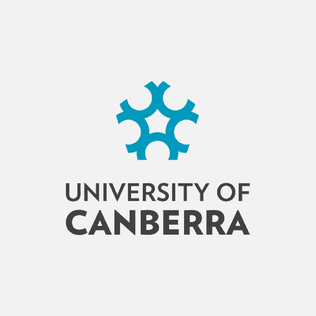
Bachelor of Exercise Physiology and Rehabilitation


Overview
4.0 YEARS
YES
$38,700 PER YEAR
FEBRUARY
Overview
> Take a person-centred approach to movement therapy and exercise for health across the lifespan
- Explore the complexities of the human body and mind. Understand what happens to different body systems and functions during injury and illness, and the importance of movement and exercise for people across the lifespan from health to injury recovery, chronic disease management and palliative stages of care.
- In the 4-year Bachelor of Exercise Physiology and Rehabilitation, you will learn how to work with people experiencing challenges to their health and function, and support them through the application of exercise medicine, physical activity, and movement. You will learn how to collaborate within healthcare teams and environments that facilitate healing, recovery, and quality of life.
- You’ll develop in-depth clinical and analytical skills and explore beyond the physical to discover how exercise as a medicine positively affects the mental and emotional recovery of each person.
- During your time at UC, you will undertake regular Work Integrated Learning (WIL), in the form of placements where you will gain valuable experience by using your skills and knowledge in real-life situations to support real people, under the supervision of experienced health professionals.
- Study our Bachelor of Exercise Physiology and Rehabilitation at UC and you will:
- Develop working knowledge of the integrated systems and functions of the human body.
- Evaluate the impact of injury, illness, disorders and disease on a person’s physical and mental health, global function, and quality of life.
- Explore, critique, and apply the evidence for exercise, physical activity, and movement as part of prevention, rehabilitation, recovery, and management for a wide range of health concerns.
- Value person-centered care that respects diversity and aims to provide an inclusive and safe health environment for all people.
- Develop core cognitive, technical, and interpersonal skills with sound clinical reasoning to address the needs of clients across a wide range of clinical health areas.
- Build respectful, inclusive, and effective communication skills to work collaboratively with clients, carers, peers, health professionals, and other health stakeholders.
- Uphold the professional ethics, responsibilities, values, and standards that align with Exercise and Sports Science Australia, and national standards for (self-regulating) health professionals.
Inquire Now
Career opportunities
> Graduates of this course qualify for accreditation with Exercise and Sports Science Australia (ESSA), and once approved, are ready to work as an accredited exercise physiologist in a wide range of areas such as:
> Primary healthcare in private practice, allied health clinics, GP practices.
> Community or not-for-profit health centre
> Public or private hospitals
> Emergency services and defence forces
> Rehabilitation services (consultancy)
> Sporting teams and academies
> Fitness centres, gyms
> Workplace/corporate health
> Aged care
> Education (schools, universities)
> Research institution
Entry requirement
> There are non-standard English language requirements for this course. To be eligible you must have an overall IELTS Academic score (or equivalent) of 7.0, with no band score below 7.0.
> Admission to this course is based on an entrance rank. A rank can be achieved by the following means:
- Year 12 ATAR
- other Australian Qualification
- work experience
- overseas qualification
Popular Courses
Find your perfect course
Head Office
Kamaladi, Kathmandu
Tel: +977 14542781, 9845566225
E-mail: info@landmarkedu.com
Sydney office
46 Macquarie Street,
Parramatta, NSW
Tel: +61 415 122 814
Branch office
Tel: 056-590825
Tel: 021-590828
Tel: 977-71-591694



